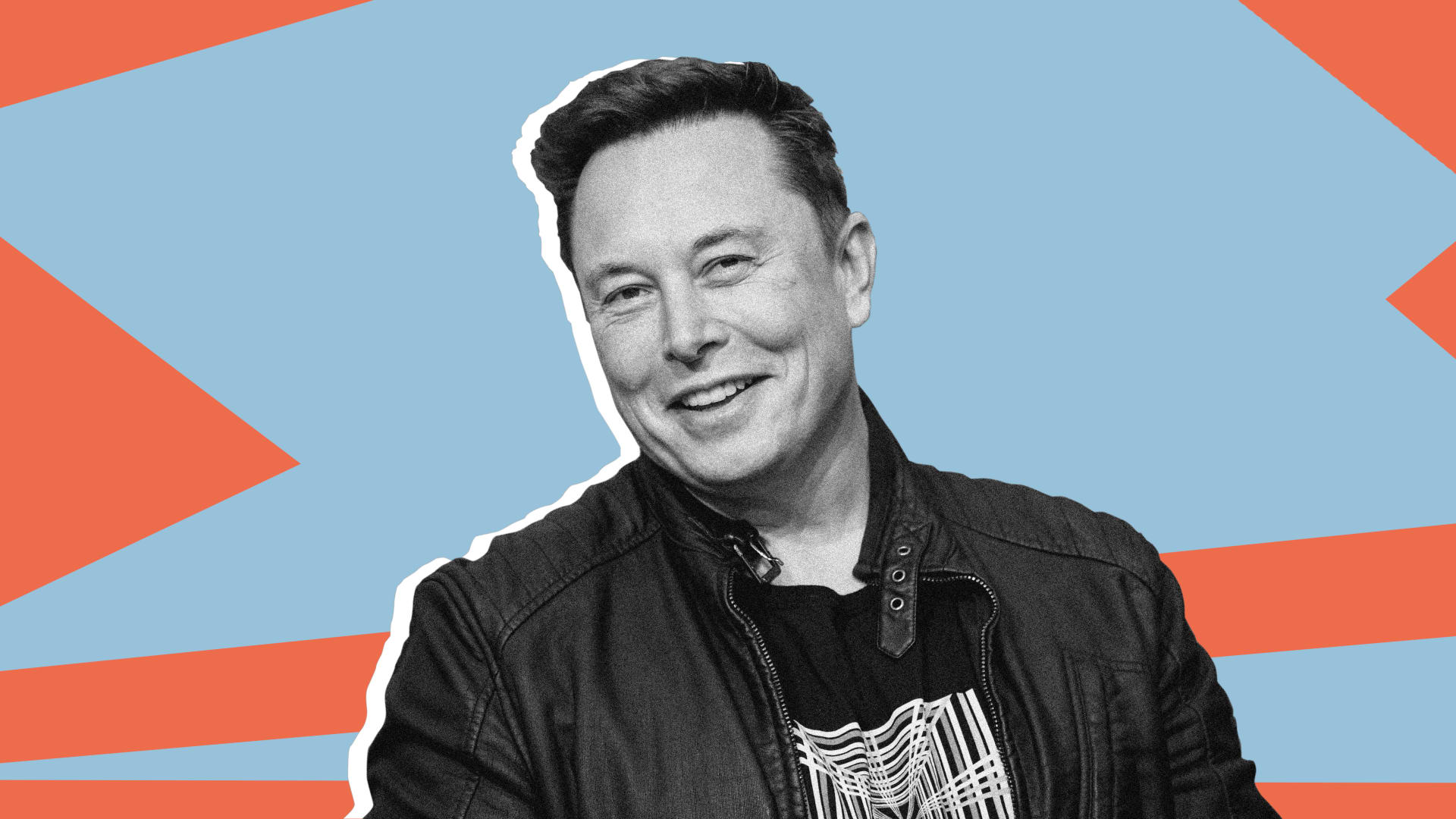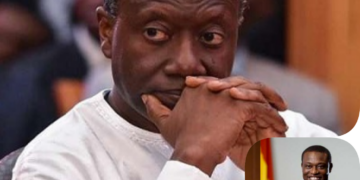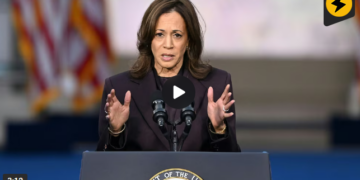 Twitter’s CEO, founder and chair all swore up and down that they wanted Elon Musk to be their boardroom buddy. But despite these glad-handing professions of bonhomie, things turned hostile last week, and that’s never something that California’s feel-good tech industry likes to see.
Twitter’s CEO, founder and chair all swore up and down that they wanted Elon Musk to be their boardroom buddy. But despite these glad-handing professions of bonhomie, things turned hostile last week, and that’s never something that California’s feel-good tech industry likes to see.
Elon Musk on Thursday said he has lined up $46.5 billion in debt and equity financing to buy Twitter, Inc (TWTR.N) and is considering taking his offer directly to shareholders, a filing with U.S. regulators showed.
Musk himself has committed to put up $33.5 billion, which will include $21 billion of equity and $12.5 billion of margin loans against some of his Tesla Inc (TSLA.O) shares to finance the transaction. He is the chief executive officer of electric vehicle maker Tesla.
Musk, the world’s richest person according to a tally by Forbes, on April 14 presented a “best and final” cash offer of $43 billion to Twitter’s board of directors, saying the social media company needs to be taken private to grow and become a platform for free speech.
But Twitter failed to respond to his offer and adopted a “poison pill” to thwart him.
Musk, Twitter’s second-largest shareholder with a 9.1% stake, has said that he could make big changes at the microblogging company, where he has a following of more than 80 million users.
Meanwhile, shares of Twitter were down less than 1% on news of the funding, indicating that the market is still skeptical about the deal.
Shares of Tesla climbed nearly 7% and the value of Musk’s 172.6 million Tesla shares rose by over $10 billion on Thursday following a strong quarterly report. On Wednesday, he qualified for compensation in the form of stock options now worth about $25 billion after Tesla hit profit and revenue performance targets.
It is unclear whether Musk would sell his stocks in Tesla to cover the $21 billion equity financing.
Musk “may sell, dispose of or transfer” unpledged Tesla stocks at any time, according to a margin loan commitment letter.
Banks, including Morgan Stanley, have agreed to provide another $13 billion in debt secured against Twitter itself, according to the filing.
Twitter’s response
A spokesperson for Twitter acknowledged receipt of Musk’s proposal.
“As previously announced and communicated to Mr Musk directly, the board is committed to conducting a careful, comprehensive and deliberate review to determine the course of action that it believes is in the best interest of the company and all Twitter stockholders,” the Twitter representative said in a statement.
Ryan Jacob, chief investment officer at Jacob Asset Management, which holds Twitter shares, said’s latest filing would push Twitter’s board to respond.
“They had to consider the seriousness of the offer, and this filing may do that,” he said. “It’s going to be hard for them to ignore it.”
Whatever the goal, hostile deals in tech rarely amount to much. “Hostile takeovers almost never succeed in high-tech because the key people are automatically alienated from the acquirer,” academics Saikat Chaudhuri and Behnam Tabrizi wrote in a 1999 piece for the Harvard Business Review. That dynamic remains true today.

























































Discussion about this post